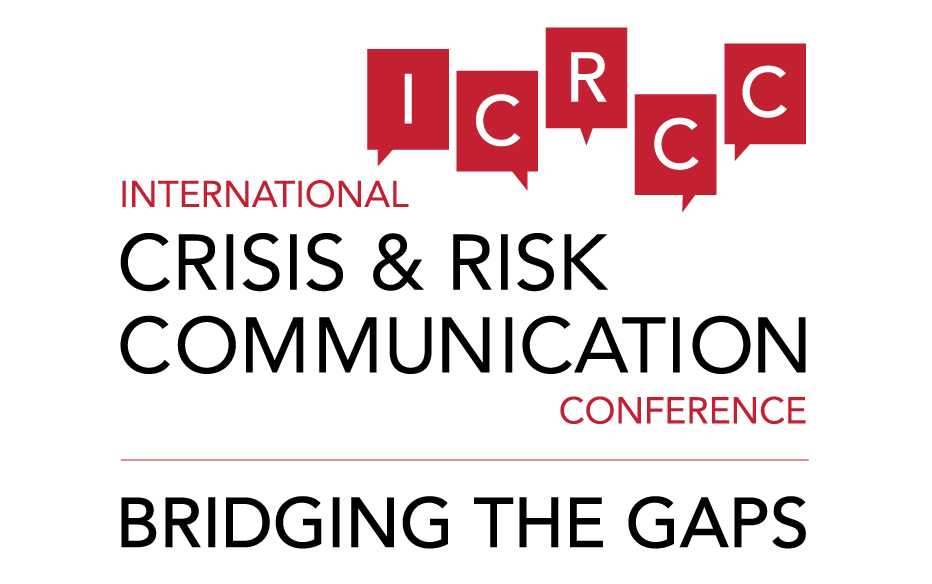
Convenor and Chair
Political Communication Programme, University of Cape Town
South Africa
Ibrahim Saleh, Ph.D. is the Convenor of Political Communication Programme at the University of Cape Town, Chair of Journalism Research and Education Section-IAMCR, Editor of Global Media Journal, African Edition and co-editor of Journal of Applied Journalism and Media Studies, and Global Partner-AoC Media Literacy Clearing House. Saleh is also a fellow of Africa Climate and Development Initiative (ACDI), South Africa.
Breakout Session: Twenty Years of Elections in South Africa: Questioning Rainbow Scars
Elections only serve as a technical transition for democracy because the notion of ‘stateness’ that includes political stability, government effectiveness, and regulatory quality, the rule of law and control of corruption (Bratton & Chang, 2006, pp. 1065–1066), though political liberties and democratic rules upheld in a country remain democracy’s primary pillars (Bollen, 2009, 370).
The current pre-elections period in South Africa attests its democratic values, in which the country’s national and provincial governments are scheduled for 2014, though the last year and half has witnessed public grievance and anger resulting from the government’s poor service-delivery; widespread of unemployment, unequal labour-related gaps and the high cost of living. This hostile setting poses serious threats to the African National Congress (ANC) as a result of its failure to realize the gravity of the situation (Campbell, 2004).
But South African voters do not make up their minds anew at each election because partisanship guides electoral outcomes. It is thus much harder to expect change to happen over short periods of time, though the procedures are not the problem! Besides, results in urban, more affluent, areas are recorded much sooner than those in rural, poorer areas, which makes the statistical arguments insufficient to estimate the actual final results (Grebena, et al. 2005).
Voting behaviour is generally affected by multiple factors; including; voters’ assessments of government performance, party images, sociological cues and cognitive skills. But the relationship between race and party images dominates voter choice and they remain key motivations for voter behaviour in South Africa (Habib & Herzenberg, 2011). However, the main problem in South Africa’s politics is the unfortunate the prevalence of skin colour and race as dominant themes that make the expression of ethnicity[1] as competing subpopulations, which are constituted by demographic markers (Anderson 1998).
This entrenched idea of “politics of identity”(Mamdani 2009) has substituted the notion of citizenship, with the remnant sense of belonging inherited from the colonial age, which uses ethnic identity to distinguish between cultures or classes within the same society. This has re-launched the categories and affective schemes as vectors of a colonial rule of difference (Chatterjee 1993, 2006; Stoler 2002, 2008).
There are number of questions that must be considered while examining the issue of elections and political communication in South Africa: Is there a rigorous and vibrant political environment? Do media empower the electorate? Are South African citizens have informed voting decisions? But more importantly: Are a change in the elections related issues after twenty years from the first elections?
In this historic moment, it is very crucial to conduct research on the ways media spaces are being used for political interaction and information consumption (Pew, 2009a, 2011), by scrutinizing the whole potential democratic values in South Africa with the actual performance after almost twenty years of the first elections.
Climate change is an urgent global and local crisis with no doubt and the response to it must immediate and collective to be inspiring unity, ingenuity, and a willingness to sacrifice, especially when it comes to vulnerable regions like Africa (Saleh, 2012). It is thus not surprisingly to refer that the “dangerous climate change” has entered the lexicon of environmental science and policy as the ultimate objective of global climate management (Hulme, 2004).
It is important to critically examine the perceived threat of ‘climate change and poverty in Africa’ and the allocation of the ideological roots of the eco-crisis narratives about demographically induced migration, environmental refugees and environmental security and the master narrative of ‘climate gate’.
There is growing alarmist rhetoric around climate threats and the different wars to overcome such eco crisis that has been deployed by a variety of constituent; including the U.N. agencies, development NGOs, national governments, security pundits and popular media (Hartmann, 2010). For example, “dangerous climate change” has entered the lexicon of environmental science and policy through its status in the UN Framework Convention on Climate Change with the ultimate objective of global climate management (Hulme, 2004).
This research is about narrating political climate change in Africa with an attempt to explain the social imaginary of the eco-crisis and the means to handle it. This research argues that one of the reasons for the poor performance of African journalism is the difficult conditions under which African journalists’ work, which has affected their reporting. Underpaid, poorly trained and working under both political and commercial pressures, many African journalists suffer from the devaluing of their profession, which has left them vulnerable and isolated. This is particularly relevant within its complex nature of the eco crisis and its fire ball impacts more severely felt by poor people and poor countries, which are more vulnerable because of their high dependence on natural resources, and their limited capacity to cope with climate variability and extremes.
This research aims to explore the structural and functional challenges to narrating climate change in Africa, in particular in this historical juncture. It is also pertinent to consider the influence of social theoretical ideas about ecological citizenship on how the political narrative of climate change symbols and the staging of interdependency crises can sustain regional awareness and public responses, by examining a sample of African press at this critical moment.


